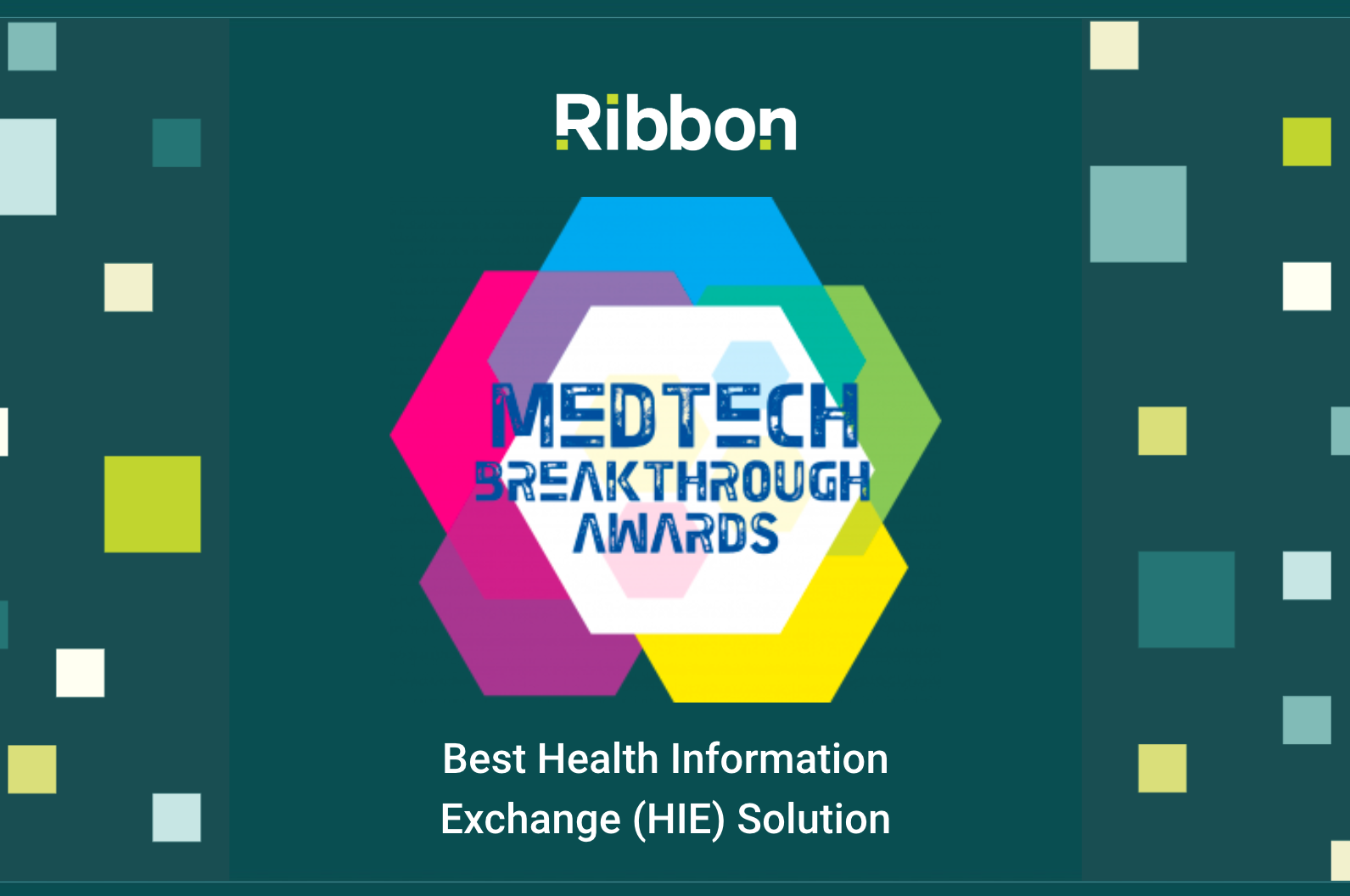CMS requirements for provider data spurs healthcare innovation

In less than a year, the Centers for Medicare and Medicaid Services (CMS) will require health plans to provide the public with a new way to access provider data, with the ultimate goal of improving the convenience, quality, and cost of care.
Although provider directories are already available on health plan websites, provider data will need to be accessible through an Application Programming Interface (API), an abstraction layer that allows different kinds of software to transmit data to each other.
Effective in July 2021, the regulation affects over 3,000 Medicare Advantage, Medicaid, and CHIP (Children’s Health Insurance Program) managed care plans.
These CMS-regulated payers are required to make their provider directory available through a FHIR-based API. FHIR® is an international data standard for healthcare information exchange.
Encouraging healthcare innovation
CMS described the reason for the requirement in the following way: “Making this information broadly available…will encourage innovation by allowing third-party application developers to access information so they can create services that help patients find providers for care and treatment, as well as help clinicians find other providers for care coordination, in the most user-friendly and intuitive ways possible.”
Two sets of challenges
1. A time-consuming build
Building a FHIR-based provider directory API for provider data will be resource-intensive for health plans. Those required to participate are considering deploying their own technology teams (possibly hiring additional talent with API expertise), investing in a consulting engagement, or seeking a trustworthy vendor to test and deploy the API.
2. Cleaning up data on millions of providers
Making this data available via API is an important step, but some health plans face another major challenge. CMS has stated that “Making this information [provider data] more widely accessible is also a driver for improving the quality, accuracy, and timeliness of this information.”
That’s an acknowledgment of the deep-rooted problems with provider data. A 2018 CMS survey documented that more than 50 percent of the information in providers’ health plan directories is inaccurate.
Issues with provider data are a long-standing source of frustration to health plans, providers, and consumers alike. Roots of the problem include fragmented and siloed data and a health system that’s constantly in flux.
With provider data widely available through APIs, data inconsistencies and inaccuracies will be even more visible.
Although health plans have already been working to improve the quality of their provider data, this greater level of exposure is likely to increase the pressure for rapid change.
How to overcome data quality problems and easily adopt APIs
There’s another way to respond to these upcoming standards. An experienced, proven company specializing in provider data and APIs, Ribbon Health offers a flexible API solution that resolves challenges related to the new CMS standard and for data quality.
Ribbon delivers the most accurate, comprehensive, and reliable provider information in the industry, combining thousands of validated sources, unique real-time data, and refining accuracy through machine learning. Ribbon’s solution is designed to help health plans append and augment their existing data, so they preserve the investment they’ve made in building their data asset while increasing its reliability.
Our API has already helped leading health plans and provider organizations bring high-quality provider data into their digital workflows. We’re partnering with health plans to efficiently and cost-effectively respond to the provider data requirements within the Interoperability and Patient Access final rule.
Learn more about how we can support your health plan in this one-pager.
Read more about our company and culture

Ribbon Health Named 2023 MedTech Breakthrough Award Winner

Fierce Healthcare names Ribbon Health as one of its 2023 “Fierce 15” companies






.png)